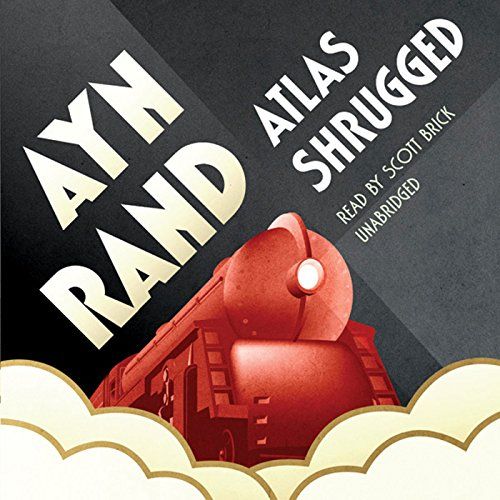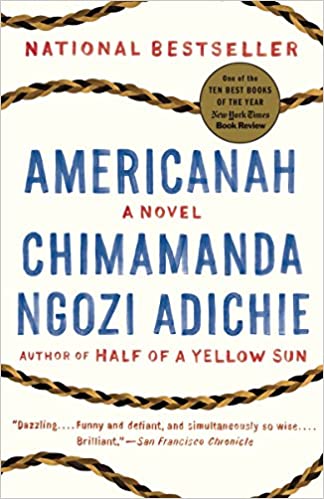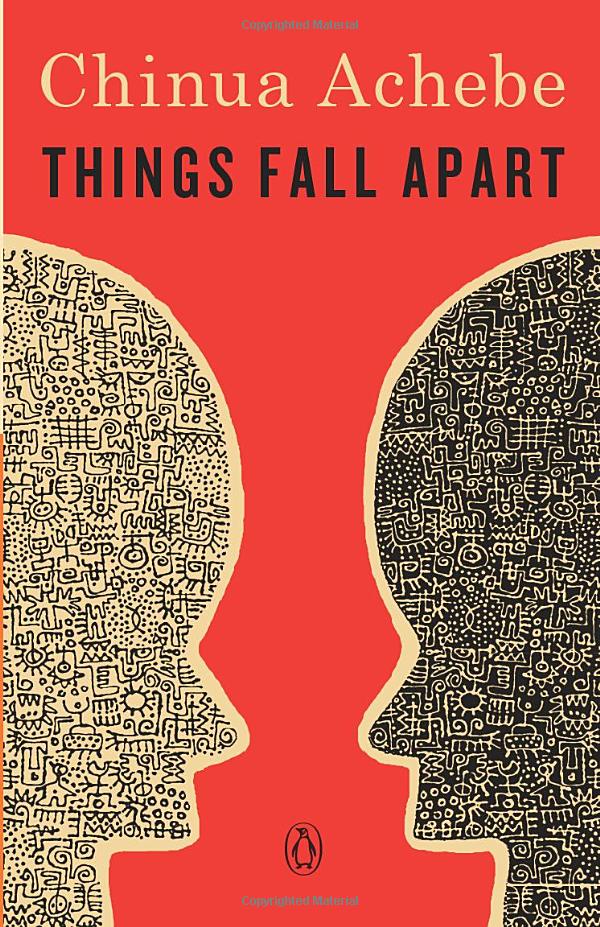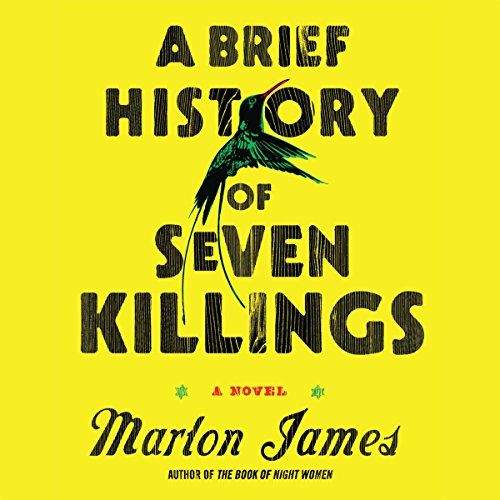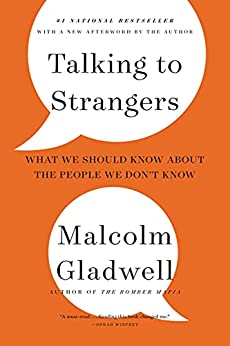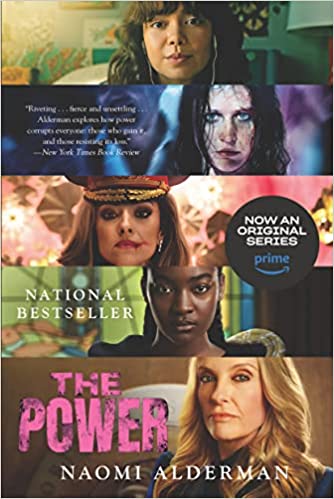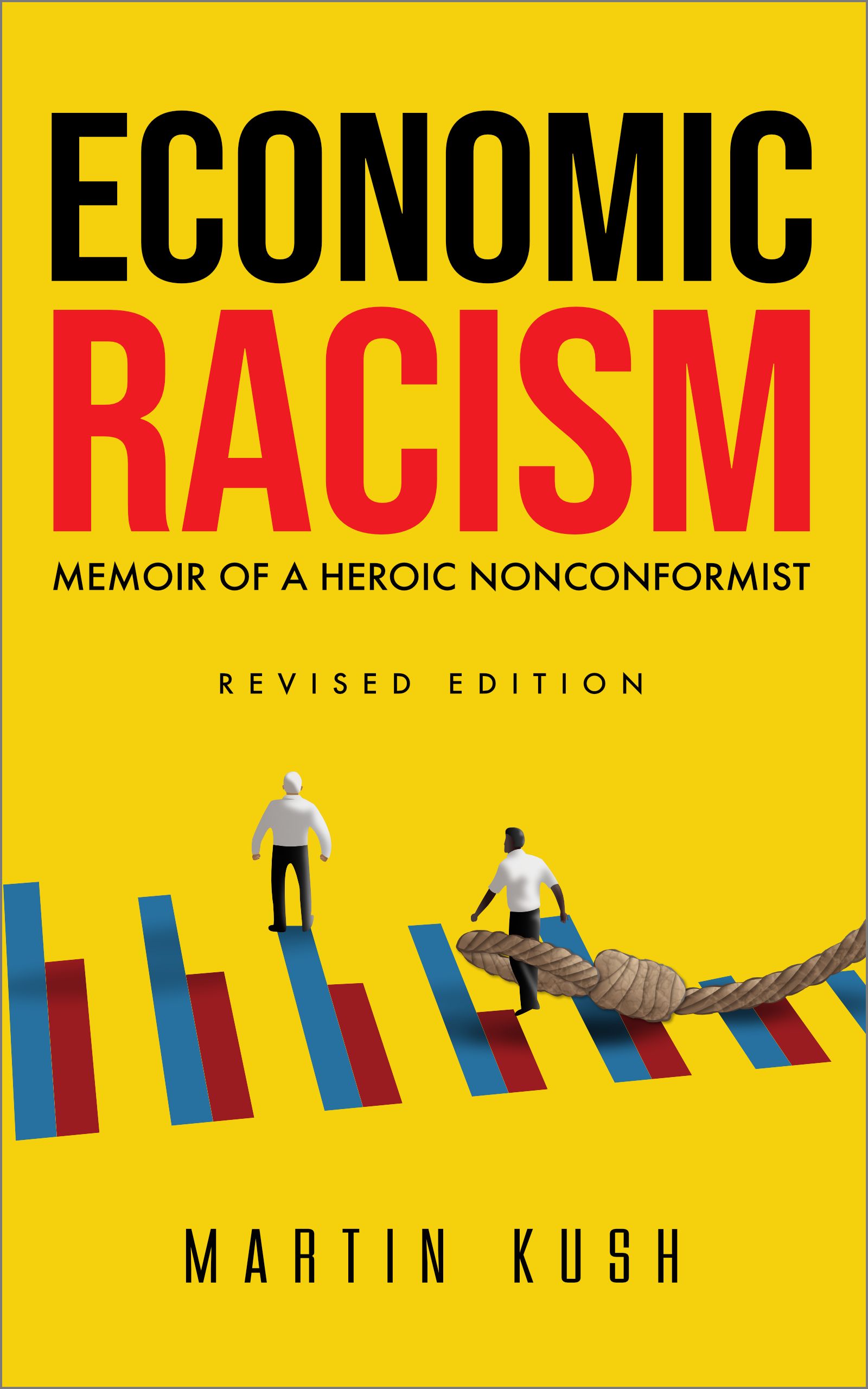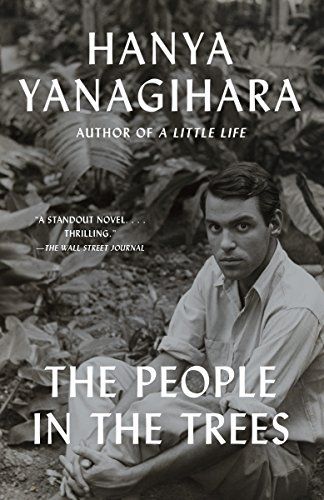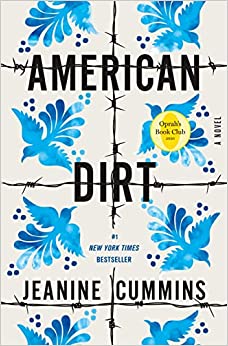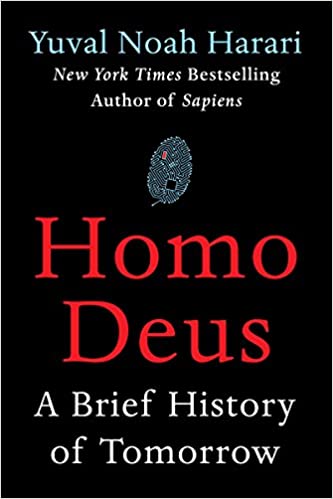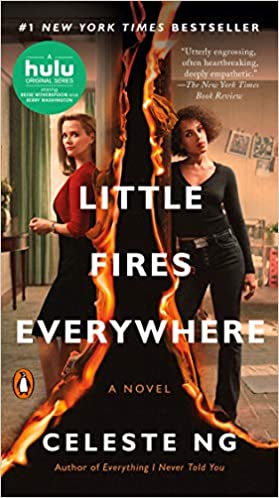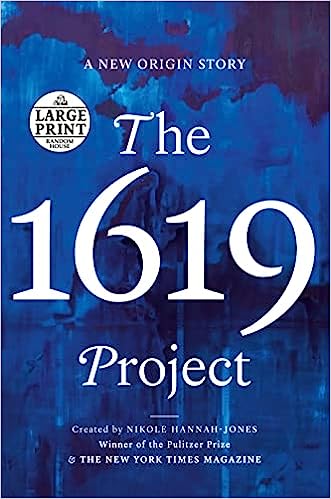Vacation Books
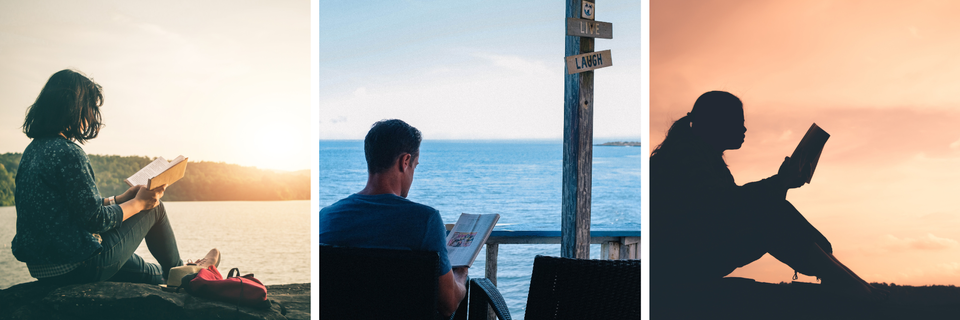
Get smarter while you relax! Check out these must-reads for your next vacation.
Save Money! 💶 Most of these books are available for free at your local public library in hard copy, e-readers, or audiobook formats.
Connect with me using my Goodreads link at the end for more recommendations.
Here are my recommendations for vacation books:
Atlas Shrugged, by Ayn Rand
Why I Re-read It Every Year:
"Atlas Shrugged" is a book I promise myself to re-read at least once a year, and for good reason. It’s more than just a novel—it’s a powerful exploration of individualism, capitalism, and the pursuit of rational self-interest. Ayn Rand paints a compelling picture of a dystopian world where the most productive and innovative minds are shackled by oppressive government regulations and a society obsessed with collectivism.
Why This Book Matters:
In a world where exceptional individuals are burdened by those who lack competence or cling to destructive beliefs like racism and political favoritism, Rand’s message is both provocative and timely. The story explores what happens when these "workhorses" withdraw their talents from a society that takes them for granted—and the ensuing collapse is a wake-up call for the importance of protecting individual rights and the freedom to innovate.
Why You Should Read It:
"Atlas Shrugged" challenges you to reflect on the role of individual ambition and the dangers of stifling innovation for the so-called "common good." It’s a controversial read, but one that’s incredibly relevant—especially when you recognize echoes of its characters in the people you interact with daily, whether at work or within your own family. If you’re looking for a book that will make you think and question the world around you, this is it.
Americanah, by Chimamanda Ngozi Adiche
Why It’s Perfect for Your Travel Reading List:
"Americanah" is a novel that resonates deeply, especially for those of us with ties to different cultures. The story centers on a young woman who wins a green card lottery and makes her way to the United States. Through her eyes, we experience the complexities of navigating American culture, race, and identity. But this book is more than just a commentary on race—it’s an exploration of what it means to belong, love, and live authentically in a world that constantly questions your identity.
Why This Book Matters:
As a Caribbean person, I found myself exposed and introspective when Adichie touched on how we often highlight our Caribbean heritage to distinguish ourselves from the African American experience. She’s absolutely right! The protagonist’s candid blog entries dive into the heart of these issues, offering raw and unfiltered perspectives that are more controversial than anything I’ve written.
Why You Should Read It:
"Americanah" is an intense and insightful read that tackles feminism, love—particularly within the complexities of intraracial relationships—and the struggle for identity. It’s not just a novel; it’s a mirror held up to society, reflecting truths that are often uncomfortable but necessary to confront. Adichie’s keen observations and ability to articulate these complexities make her one of my favorite authors. I adore all her work, but this book stands out as a must-read. If you’re traveling, this book will not only keep you engaged but also give you plenty to think about as you explore new places and perspectives.
And Chimamanda, if you’re reading this, let’s be friends—seriously! 😀
Things Fall Apart, by Chinua Achebe
Why This Book is a Must-Read on Your Journey:
I first encountered "Things Fall Apart" as part of my high school literature curriculum in Antigua. The experience was transformative, shaping my worldview in ways I didn’t fully grasp until I revisited the book as an adult. While I studied many classics—Shakespeare’s A Midsummer Night’s Dream and Julius Caesar among them—this novel, along with A House for Mr. Biswas by V.S. Naipaul, left a lasting impression on me.
Why This Book Matters:
"Things Fall Apart" is a profound exploration of the impact of colonialism and Christianity on indigenous cultures, a theme that resonates deeply with anyone who hails from a former colony. Achebe’s portrayal of the Igbo society before and after the arrival of European missionaries is both heartbreaking and eye-opening. The novel’s depiction of cultural erosion and the clash between tradition and imposed beliefs speaks to the universal experience of colonized peoples.
Why You Should Read It:
For those of us from former colonies, Achebe’s story is a poignant reminder of the cultural devastation wrought by colonization. It’s a book that forces you to confront the complexities of identity, heritage, and history. Whether you’re reflecting on your own cultural background or simply seeking a deeper understanding of the effects of colonialism, "Things Fall Apart" is a compelling read that will stay with you long after you’ve turned the last page.
As I look back on this novel, I’m reminded of its profound influence on my perspective, both as a teenager and now as an adult. It’s a book I believe everyone should read, especially if you’re exploring new places and seeking to understand the world’s diverse histories and cultures.
And as for "A House for Mr. Biswas"? That’s next on my list to revisit!
A Brief History of Seven Killings, by Marlon James
Why This Book is Worth the Journey:
I finally finished this epic novel, and at nearly 700 pages, it's no small feat. But let me tell you—once you start, it’s almost impossible to put down. Be warned, though: this book is not for the faint of heart. It’s violent, intense, and unapologetically raw. If you’re squeamish, sensitive to foul language, or prefer more delicate narratives, this might not be the book for you.
Why This Book Matters:
"A Brief History of Seven Killings" offers a gritty, unflinching look at the intersection of gang culture in Jamaica, Miami, and New York, with the shadowy influence of the US Central Intelligence Agency (CIA) looming large. Centered around the attempted assassination of "the singer"—a clear allusion to Bob Marley—on December 3, 1976, the novel delves deep into the minds of those involved, painting a vivid and often brutal picture of the era.
The narrative doesn’t shy away from the harsh realities, offering a fierce cultural and political commentary that feels as detailed and immersive as a documentary. Every character is flawed, but it’s in these flaws that the story finds its raw power and authenticity.
Why You Should Read It:
This book is a challenging yet rewarding read for those with the mental fortitude to confront its intensely graphic content. It’s a masterful exploration of the historical and political landscapes that shaped gang and drug culture in Jamaica, the US, and beyond. Marlon James weaves such an intricate web of details that by the end, you’ll feel like you’ve lived through these turbulent times yourself.
If you’re looking for a book that will not only keep you on the edge of your seat but also challenge your perceptions of history, culture, and morality, "A Brief History of Seven Killings" is an unforgettable choice. Just be prepared for a ride that’s as rough as it is enlightening.
Talking to Strangers by Malcolm Gladwell
Why This Book Should Be on Your Travel Reading List:
As a self-proclaimed proud nerd, I've devoured all of Malcolm Gladwell’s books, and "Talking to Strangers" is no exception. Recently, I received a gift set of all his books, which fit together like an intellectual puzzle, revealing new insights with each re-read. Gladwell’s work is a testament to the idea that even the most familiar topics can be viewed in a new light when examined deeply.
Why This Book Matters:
"Talking to Strangers" dives into the complex dynamics that arise when strangers interact, particularly when one holds power over the other. Gladwell explores how these interactions can lead to misunderstandings, mistrust, and sometimes, tragic consequences. He revisits infamous cases like Bernie Madoff’s deception, Amanda Knox’s trial, and Sylvia Plath’s suicide, weaving these stories together to illustrate the dangers of miscommunication and misjudgment.
One of the book’s compelling arguments is that police officers, as a policy, should only patrol areas where they live or spend significant time as civilians. This simple yet profound idea suggests that familiarity with a neighborhood’s culture and customs can prevent the "stranger-danger" dynamic that often leads to abuse of power.
Why You Should Read It:
This book is perfect for anyone curious about human behavior, especially in situations where trust and power collide. Gladwell’s engaging narrative style, which is even more compelling in the audiobook, draws you into real-life stories with voices from the actual players in these events. If you’re a fan of his podcast Revisionist History, you’ll appreciate how the audiobook mirrors that format, making it an enriching experience for your travels.
"Talking to Strangers" is more than just a book; it’s a guide to understanding the often-overlooked complexities of human interaction. Whether you’re on a long flight or relaxing at your destination, this book will keep you thinking about the unseen forces that shape our encounters with others.
The Power by Naomi Alderman
Why This Book Should Be on Your Travel Reading List:
While I haven’t revisited "The Power" recently, it’s one of those books that sticks with you, leaving behind lingering thoughts and unresolved questions long after you’ve turned the last page. That’s the mark of a truly impactful read. Without giving too much away, the novel explores the explosive consequences when power is suddenly placed in the hands of those who previously had little of it. Spoiler alert: All hell breaks loose! 😺
Why This Book Matters:
"The Power" is a thought-provoking exploration of gender dynamics, particularly what happens when women around the world suddenly gain the ability to generate electrical shocks, making them physically more powerful than men. It’s a fascinating and sometimes unsettling look at how power corrupts, regardless of who wields it. This book is particularly resonant for women and girls, as well as for men who recognize the importance of treating women with dignity and respect.
Why You Should Read It:
This book isn’t just a gripping narrative; it’s also a mirror reflecting our societal values and the potential consequences of reversing traditional power structures. It’s a compelling read that challenges your assumptions about power and its impact on human behavior.
And if you’re planning some downtime during your vacation, you’re in luck—the story has been adapted into a series currently streaming on Prime. You can download it and watch on your tablet or smartphone, making it a perfect companion for your travels. Whether you choose to read or watch, "The Power" will keep you engaged and leave you with plenty to ponder.
Economic Racism - Memoir of a Heroic Nonconformist, by Martin Kush
Why This Book Should Be on Your Travel Reading List:
If you're looking to expand your mind and conscience while on vacation, "Economic Racism" by Martin Kush is a must-read. This thought-provoking book offers a unique perspective on race issues in America, as seen through the eyes of a new immigrant. Kush doesn’t just skim the surface; he dives deep into the historical and economic foundations of racism, arguing that it’s not just about individual bigotry, but about an entire societal structure designed to preserve economic power.
Why This Book Matters:
Kush’s analysis sheds light on the origins of race as a social construct, created and perpetuated to hoard resources and maintain control. The book challenges the reader to reconsider the role of institutions and laws in sustaining economic disparities along racial lines. As Booklife Prize aptly put it, "Timely and important, Kush's Economic Racism provides an in-depth examination of the numerous ways in which American society has internalized white supremacy, with a specific focus on the ways in which our economic system favors white Americans." Kush also offers thoughtful suggestions on how these wrongs can be addressed, making it a compelling read for anyone interested in social justice.
Why You Should Read It:
"Economic Racism" presents a novel and complex argument for ending racism, rooted in economic realities rather than just moral imperatives. While it’s a challenging read, it’s also an eye-opening one, especially for those interested in understanding the deeper economic forces at play in societal inequality. Kush holds out hope that policymakers will eventually take note and act, even though he acknowledges the current power structures that resist change.
If you’re someone who believes in the potential for societal progress and the importance of sustainability, this book will resonate with you. It’s an intellectual journey that aligns perfectly with the reflective state of mind that travel often brings.
The People in the Trees, by Hanya Yanaguhara
Why This Book Should Be on Your Travel Reading List:
When I first started reading "The People in the Trees," I found myself deeply agitated by the voice of the main character. Then it hit me—that’s exactly what the author intended. This novel isn’t just a story; it’s an unsettling exploration of the darker sides of human nature and the devastating impact of colonialism on indigenous cultures.
Why This Book Matters:
Much like "Things Fall Apart," "The People in the Trees" delves into the consequences of colonial infiltration. It’s a powerful narrative that examines what happens to a culture and its people when outsiders impose their will under the guise of exploration and scientific discovery. Yanagihara doesn’t hold back in portraying the complexities and moral ambiguities of her characters, particularly the protagonist, whose unsettling behavior reflects the often destructive nature of colonial ambition.
Why You Should Read It:
This book isn’t a light read—it’s intense and thought-provoking, challenging you to confront uncomfortable truths about the legacy of colonialism. If you’re interested in stories that push you to think deeply about history, culture, and the ethics of power, "The People in the Trees" is a must-read. It’s a novel that stays with you, making you question the very nature of progress and the cost it imposes on those who are subjected to it.
If you’ve enjoyed other books that explore similar themes, like "Things Fall Apart," this novel will resonate with you. And for those who worry that I’m a one-trick pony—I assure you, my reading list is diverse! However, understanding the impact of colonialism on different cultures is a theme that deserves attention, especially in today’s world.
American Dirt, by Jeanine Cummins
Why This Book Should Be on Your Travel Reading List:
Have you ever imagined what it’s like to cross the Mexican-American border, fleeing from a gang determined to kill you and your family? It’s not something most of us would voluntarily experience, even if it were offered as a twisted tour or a strong-man contest. But through the harrowing details in "American Dirt," Jeanine Cummins brings this terrifying journey to life, offering a visceral look at the lengths people will go to for survival.
Why This Book Matters:
"American Dirt" paints a powerful and disturbing picture of what it takes to survive such a perilous journey. As you follow the protagonist and her son on their desperate flight to safety, you gain a deep respect for those who face these unimaginable challenges in real life. Cummins’s storytelling makes the fear, the danger, and the sheer will to survive almost palpable, leaving you with a profound understanding of the human cost of immigration.
Why You Should Read It:
This book is not just a thriller; it’s a deeply empathetic exploration of the struggles faced by migrants risking everything for a chance at a better life. If you’ve ever wondered what it’s really like to be on the run, with your life hanging in the balance, "American Dirt" offers a sobering, eye-opening experience. It’s a story that stays with you, challenging your perceptions and deepening your empathy for those who undertake this dangerous journey.
Reading "American Dirt" while traveling may remind you of the privileges many of us take for granted, and it’s sure to spark reflection on the lengths people go to in pursuit of safety and freedom.
Homo Deus - A Brief History of Tomorrow, by Yuval Noah Harari
Why This Book Should Be on Your Travel Reading List:
Yuval Noah Harari has a unique talent for distilling the complexities of human behavior and history into something both accessible and profoundly insightful. I’ve read everything Harari has written, and his work never fails to captivate. After attending a Vipassana course, much like Harari did, I gained a deeper appreciation for the clarity of mind and control over the subconscious that his writings reflect.
Why This Book Matters:
In "Homo Deus," Harari shifts his focus from the past to the future, offering a compelling exploration of what lies ahead for humanity. While his earlier book, "Sapiens," examined how we came to dominate the planet, "Homo Deus" delves into the possibilities and challenges that await us in the future. He examines the rise of artificial intelligence, the implications of biotechnology, and the ethical dilemmas we face as we gain unprecedented control over our own evolution.
Harari’s insights into human behavior, both rational and irrational, are as relevant as ever. He challenges the notion that humans always act in their long-term self-interest, pointing out the irrational choices we make—like maintaining vast lawns of grass instead of growing food, or designing homes to mimic royal castles. These observations are not just fascinating; they’re crucial for understanding the choices we make as we navigate a rapidly changing world.
Why You Should Read It:
"Homo Deus" is a must-read for anyone interested in the future of humanity. As we see AI becoming increasingly capable, even writing code to improve itself, the questions Harari raises are no longer speculative—they’re urgent. What happens to our roles, our jobs, and our society when machines surpass human abilities in key areas? This book will challenge you to think about your place in a future that’s unfolding faster than ever before.
Whether you’re on a long flight or relaxing at your destination, "Homo Deus" offers a thought-provoking exploration of the future that will leave you pondering your role in this brave new world.
Little Fires Everywhere, by Celeste Ng
Why This Book Should Be on Your Travel Reading List:
Earlier this year, I delved into "Little Fires Everywhere" after watching the series adaptation on Hulu. I was curious to see how closely the show followed the script, and I wasn’t disappointed. The book is an excellent and unorthodox story that digs deep into the complexities of family, identity, and the unspoken tensions that simmer beneath the surface of seemingly perfect communities.
Why This Book Matters:
"Little Fires Everywhere" is a masterfully woven tale that explores the clash between two very different families in the suburban town of Shaker Heights, Ohio. Through the characters' lives, Celeste Ng tackles themes of race, class, privilege, and the often messy reality of human relationships. What makes this book particularly compelling is its ability to portray these issues in a way that feels both authentic and relatable without falling into stereotypes or easy answers.
The narrative's focus on the nuances of each character’s choices and the ripple effects they cause makes it a powerful read. The story’s unorthodox approach and realistic portrayal of drama are what set it apart, offering a refreshing contrast to more conventional narratives.
Why You Should Read It:
If you enjoyed the Hulu series, you’ll find even more depth and detail in the book. Ng’s writing brings an additional layer of understanding to the characters and their motivations, making the story even more gripping. Whether you’re relaxing on vacation or looking for something thought-provoking to read on your travels, "Little Fires Everywhere" will keep you engrossed from start to finish.
Plus, you can watch one of my favorite scenes from the series below—just to relive some of the story’s most intense moments.
Little Fires Everywhere - Elena and Mia, S1, Ep4
The 1619 Project, created by Nikole Hannah-Jones
Why This Book Should Be on Your Travel Reading List:
I finally finished The 1619 Project, and it was nothing short of enlightening. This groundbreaking work reframes the narrative of American history by placing the arrival of the first enslaved Africans in 1619 at the center of the American story. It challenges the conventional historical narrative, highlighting the profound and lasting impact of enslavement on every aspect of American society.
Why This Book Matters:
The 1619 Project is a powerful compilation of essays, articles, and artistic works by various contributors, each examining different facets of American history through the lens of slavery and its enduring legacy. The project delves into the contributions of Black Americans to democracy, the economy, and culture, while also exploring the systemic racism that continues to influence the nation's development and institutions.
One of the most memorable chapters for me explains why Atlanta has such terrible traffic—a direct consequence of historical decisions rooted in racial inequality. This is just one example of how the project connects past injustices to present-day realities, making it a deeply relevant and thought-provoking read.
Why You Should Read It:
Whether you're interested in history, social justice, or simply want to gain a deeper understanding of America's complex past, The 1619 Project is essential reading. It has sparked widespread debates and conversations, encouraging readers to critically reflect on how history shapes behavior and societal norms today. The project has received both praise and criticism, but its ultimate goal is to deepen our understanding of America's history and inspire ongoing conversations about racial justice.
This book is more than just a historical exploration—it's a call to think critically about the present and the future. If you're traveling, this is the kind of book that will stay with you, prompting reflection long after you've finished reading. I sincerely hope that more works like this become available to continue this important dialogue.
Connect for More
Connect with me on Goodreads to explore more of my reading list, including top picks for your next travel adventure!
Considering Moving For A Better Life?
If you are considering moving to Portugal and are lost on where to start, get a hard copy of my move to Portugal guide, EMBRACE PORTUGAL, on Amazon.

EMBRACE PORTUGAL: YOUR COMPLETE RELOCATION GUIDE & WORKBOOK
Your unique step-by-step guide to moving to Portugal


